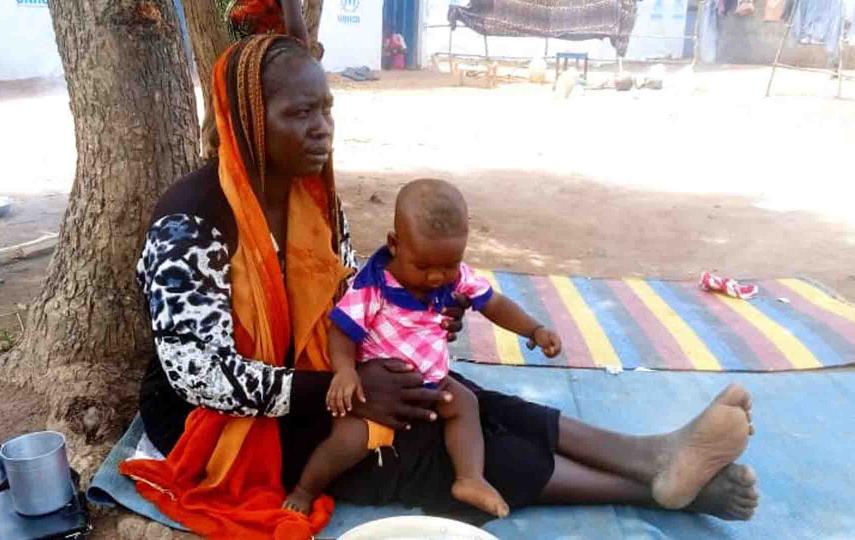Today marks the grim anniversary of Sudan's conflict, with all signs suggesting that the humanitarian disaster – described by the UN as one of the worst in recent memory – is set to dramatically worsen.
What started as a dispute over plans to merge the paramilitary Rapid Support Forces (RSF) into the regular army has turned into a nationwide war that is drawing in an ever-expanding number of militias, rebel forces, and ordinary civilians
RSF atrocities in Darfur have led to ethnic cleansing and genocide warnings. And the capital city, Khartoum, has been wrecked as RSF fighters have invaded people’s houses and communities, and as army fighter jets rain down bombs and shells.
Neither side seems capable of winning the conflict, which has produced the world’s largest displacement crisis – uprooting nearly nine million people, including two million to neighbouring states – and which has brought Sudan’s food system to its knees.
Famine is now looming for millions of people across the country, and starvation deaths have already been reported, especially in Darfur’s long-standing displacement camps, and in besieged urban areas in Khartoum and its adjacent cities.
Despite the growing humanitarian emergency, the conflict parties – who continue to receive external support – have obstructed the efforts of international relief agencies, which are also struggling with severe funding constraints.
Mutual aid groups have tried to fill the void – providing a rare bright spot amid the devastation – but they too are struggling with limited resources, with threats from the warring parties, and with a months-long communication blackout.
To mark the milestone, have a look at some of our strongest reporting on the war, from dispatches from Khartoum and refugee camps in Chad, to personal stories from journalists and civil society activists about how the war has impacted their lives.
Community responses: Local ceasefires and mutual aid
Much of our coverage has focused on Sudanese community and individual responses to the war, rather than the fighting itself. We’ve produced in-depth stories and podcasts on mutual aid groups, explored the efforts of human rights activists and community leaders pushing for peace, and profiled people documenting sexual violence against women and girls.
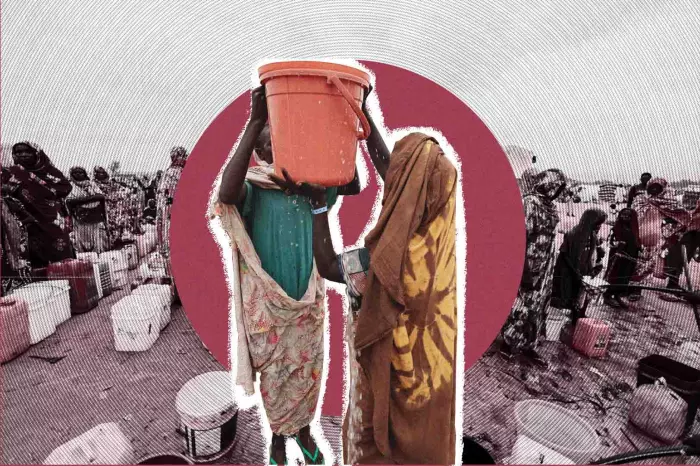
How mutual aid networks are powering Sudan’s humanitarian response
Pro-democracy groups have morphed into frontline responders.

Rethinking Humanitarianism | How mutual aid in Sudan is getting international support
Donors, NGOs and UN agencies are trying to bolster local volunteer-led networks but deep-seated bureaucracy is still getting in the way.
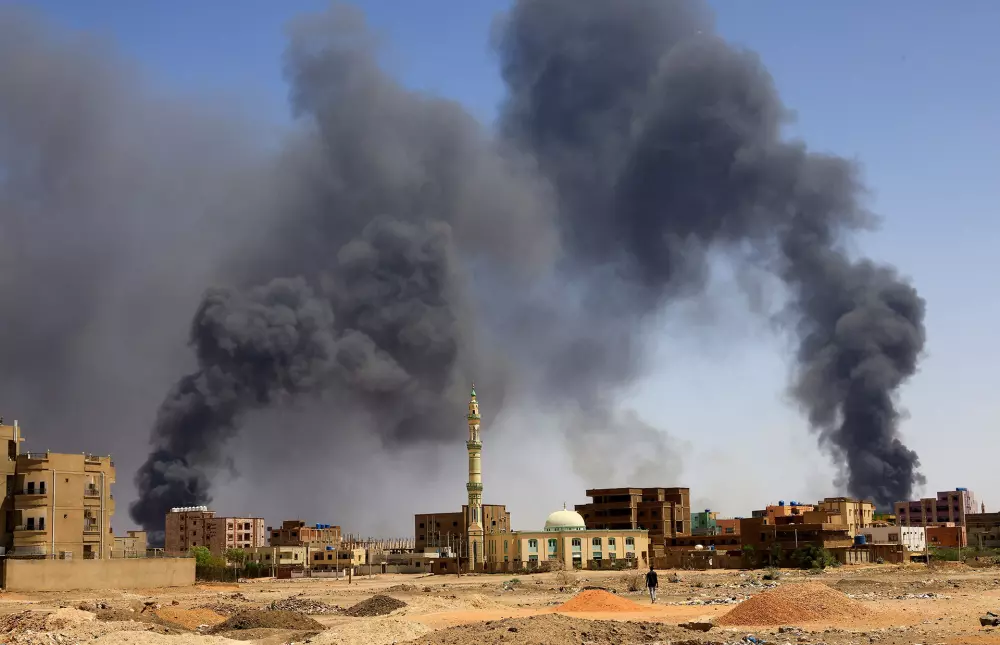
Q&A: The civil servant documenting sexual violence in Sudan’s conflict
Support for survivors is limited and the majority of cases aren’t reported.

Long hours and low budgets: Meet the refugee groups supporting Sudanese displaced in Egypt
Community initiatives have aided thousands of families since April.
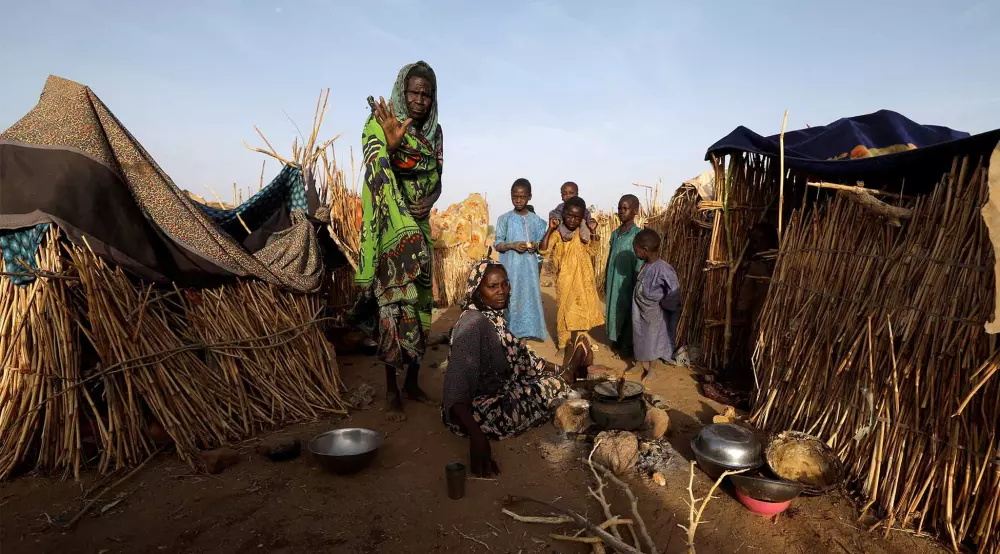
Local ceasefires and disrupted aid: How Sudan’s conflict is impacting Darfur
Over 200,000 people have been unrooted in the region, even as community leaders broker ceasefires between the warring parties.
The humanitarian and human rights impact, from Darfur to Khartoum
There are no reliable estimates of how many people have been killed in the war, but when you consider that up to 15,000 were slaughtered in a single Darfur town last year, the loss of life is clearly colossal. Below are stories that offer a glimpse into the human rights and humanitarian toll of the conflict.
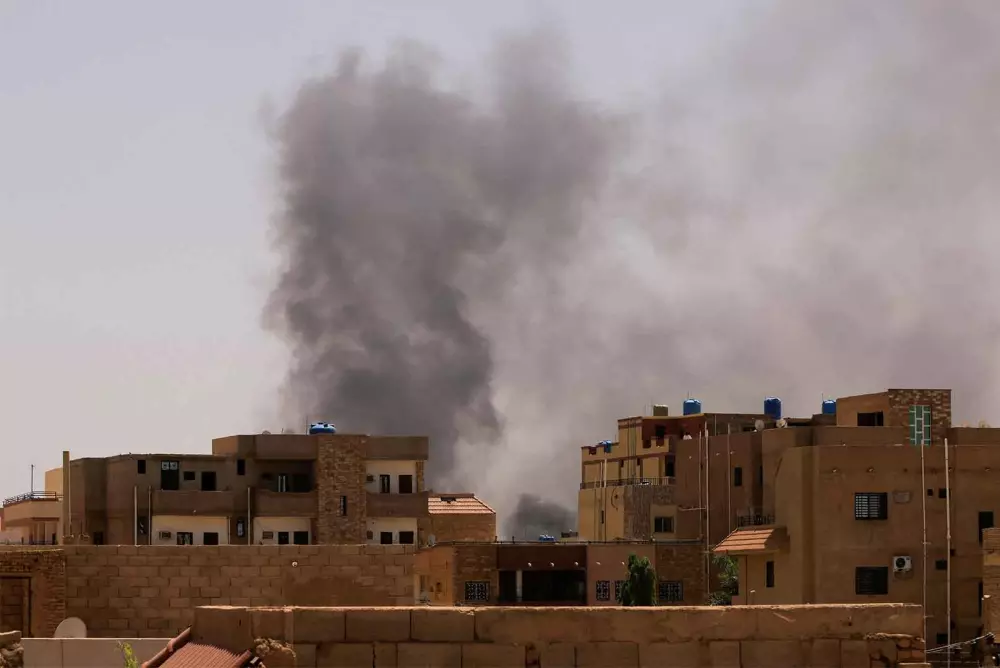
Khartoum diary: ‘I lost my son in this meaningless power struggle’
Reporter Mohammed Amin documents the battle for Sudan’s capital, and what it means for the civilians caught in the crossfire.
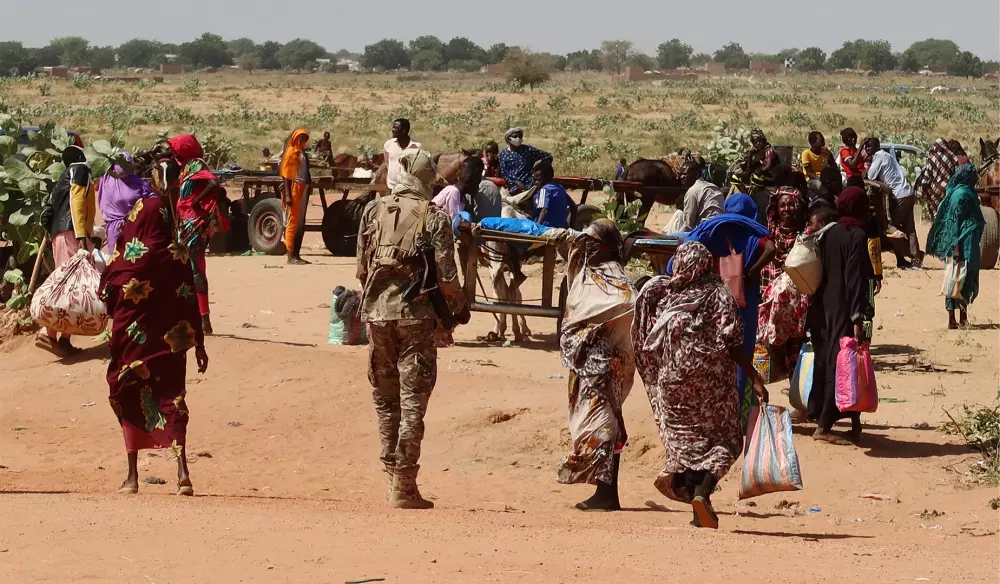
As Darfur falls to the RSF, where is the outrage at their atrocities?
A series of battleground victories threatens to split Sudan apart.
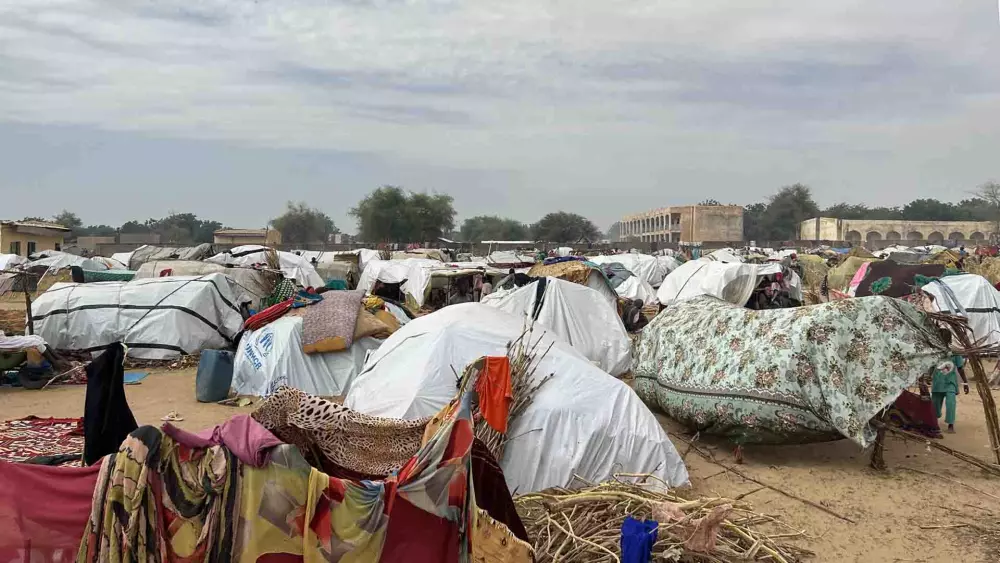
‘Every checkpoint could be your last’: The perilous road to safety for Darfuri refugees
Paramilitary forces are burning villages, and killing civilians trying to flee.
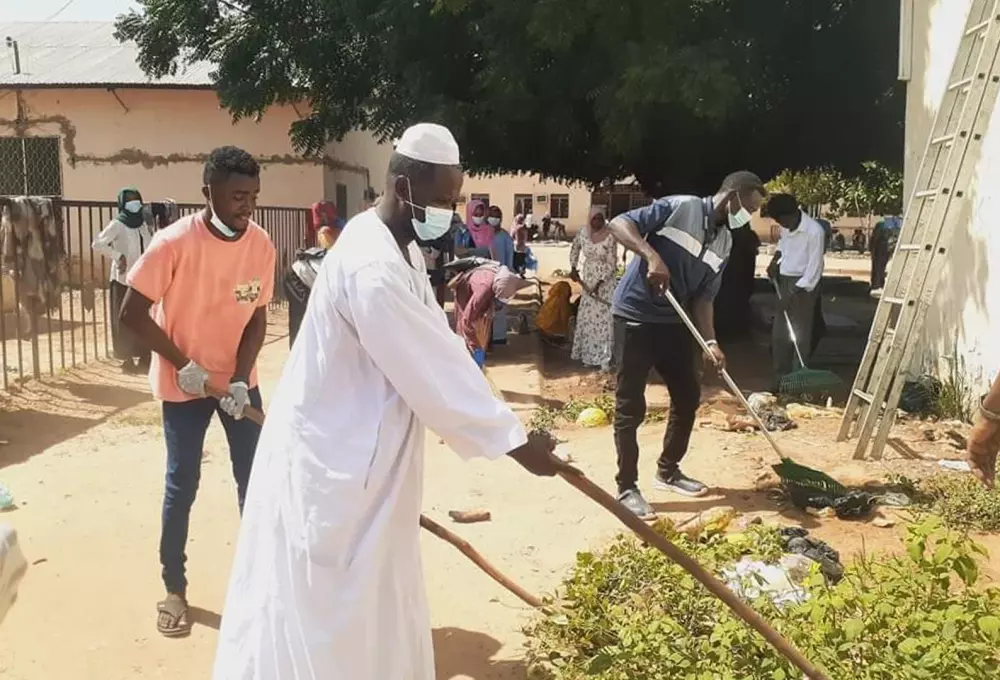
Snapshots: How Sudan's conflict is impacting Darfur
A Darfuri journalist documents the war with regular insights from the ground.
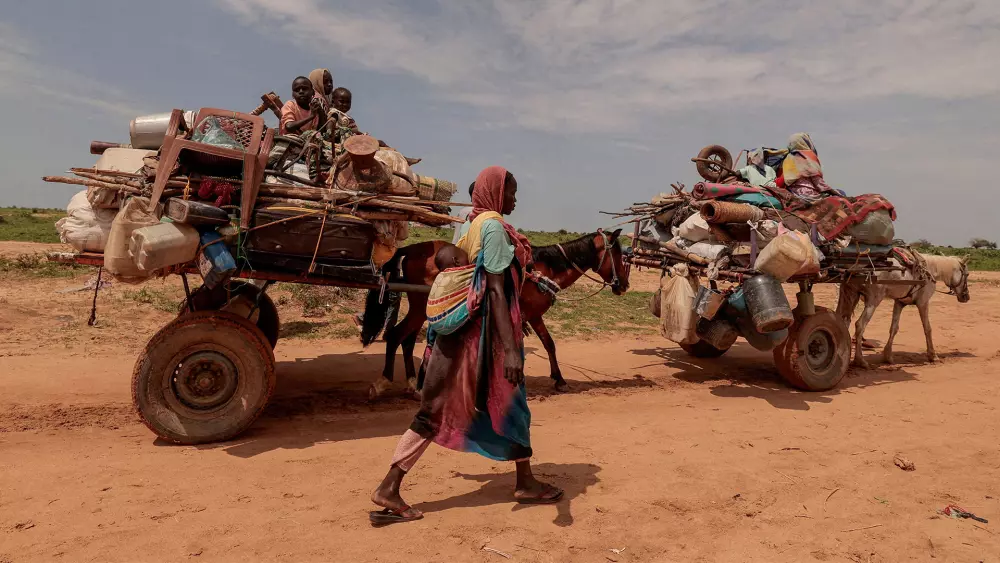
Sudan’s collapse is a test for the international community. We are failing it.
A call to action from international aid leaders.
The personal toll
These stories offer personal perspectives on the impact of the conflict. They include a Darfuri human rights activist who escaped the country but continues to document atrocities, a South Sudanese woman who left Khartoum and returned to her childhood home, and a Khartoum-based journalist describing the challenges of reporting on the war.
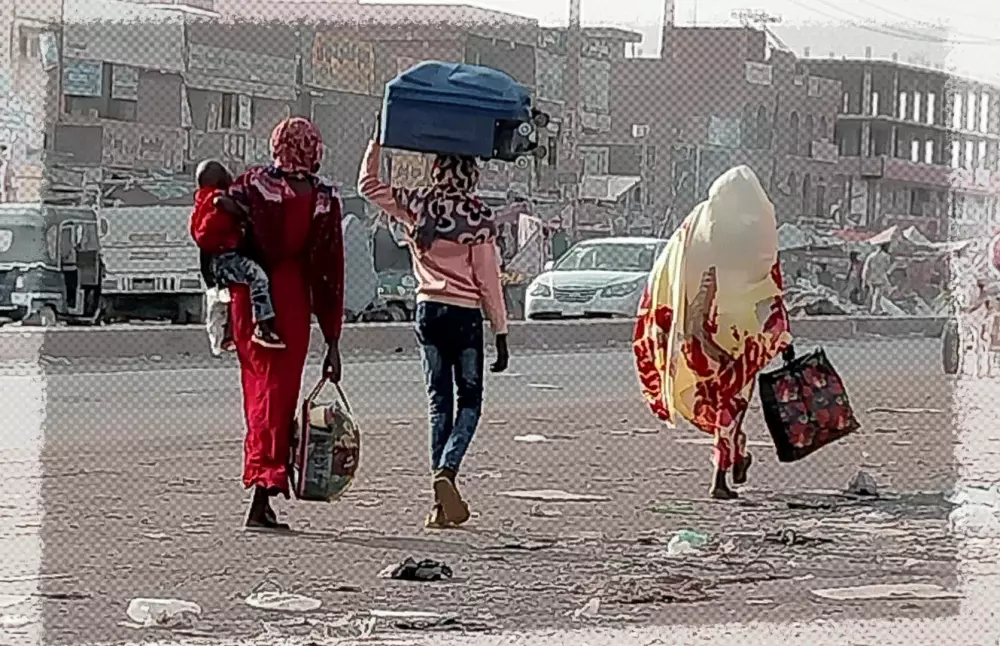
How years of impunity gave Sudan’s generals licence to destroy my country
With no pause to the violence, millions of lives are being turned upside down.
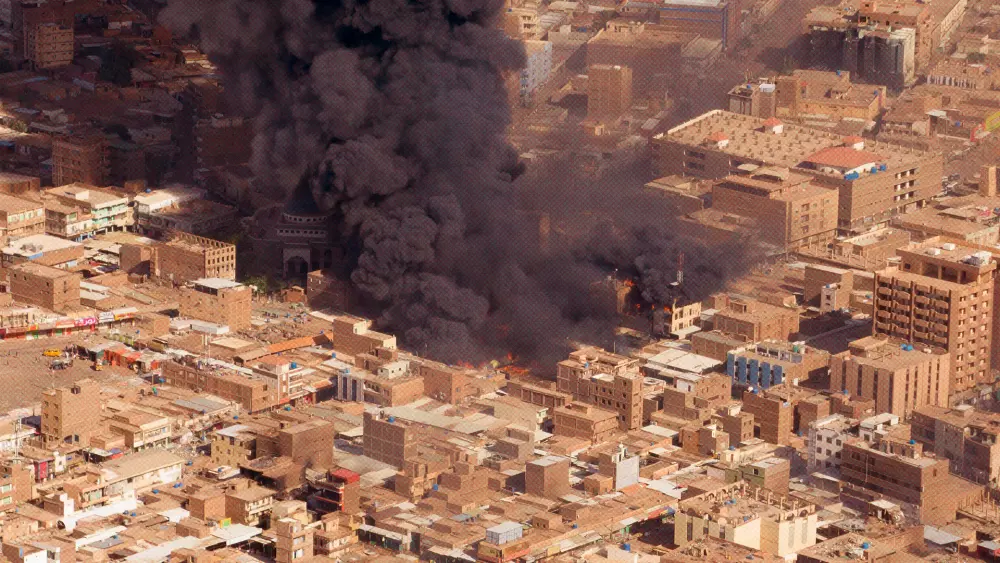
A Sudanese journalist describes the horrors of a war she cannot cover
For Khartoum-based reporter Hawa Rahma, the risks are now too high and her priority is protecting her family.
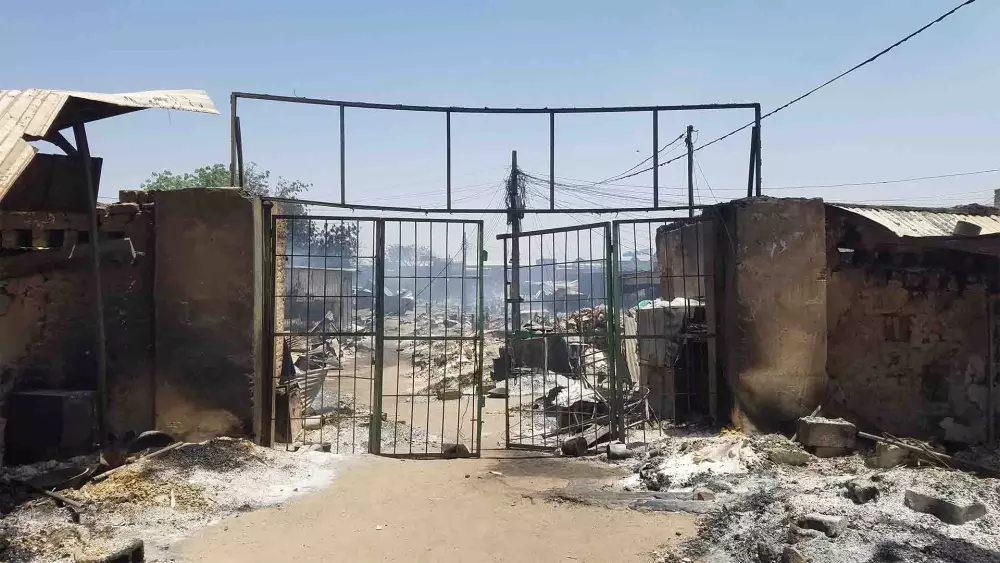
War has destroyed my Darfur town – but I will keep fighting for justice
Journalist Ahmed Gouja on the personal impact of Sudan’s conflict.
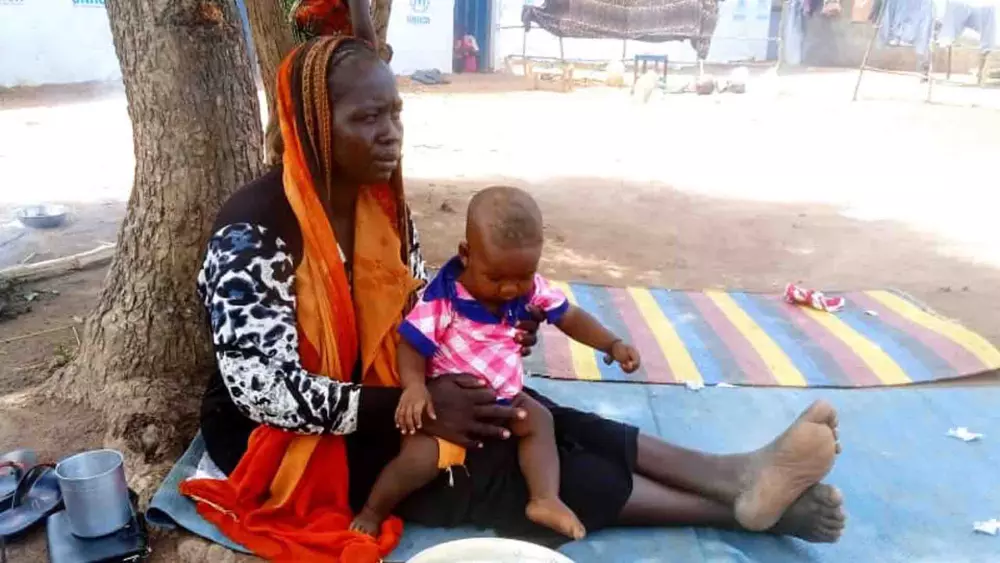
A South Sudanese returnee’s story, from Khartoum to their childhood home
Abul Mathiang Ngong on her hopes and struggles after fleeing Sudan.
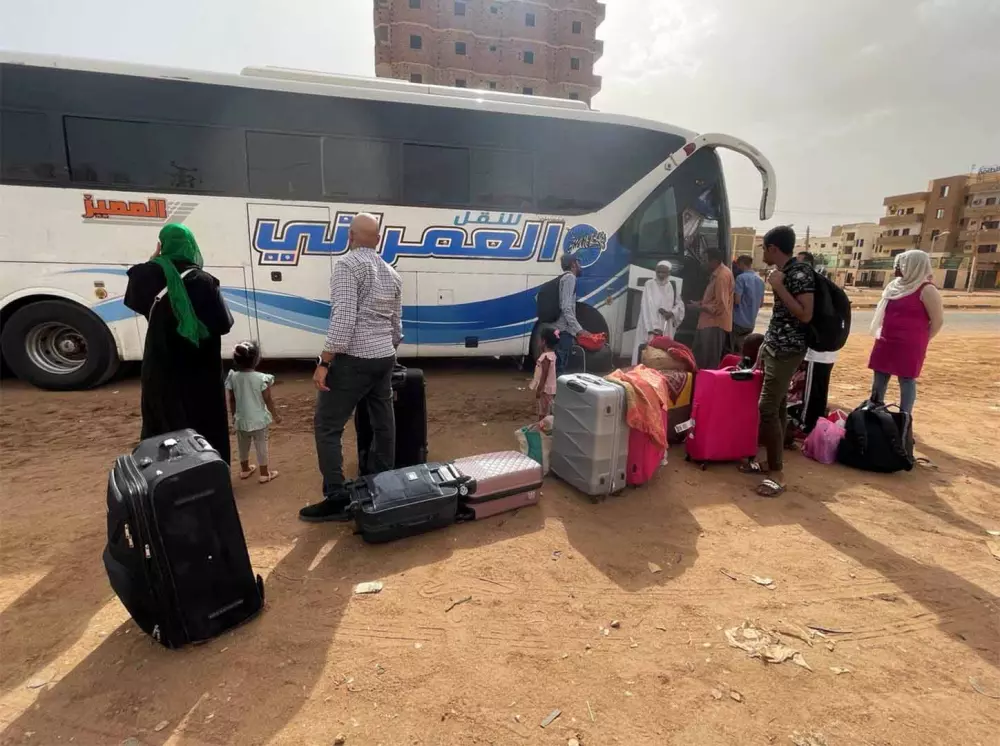
‘A ticket to anywhere’: Stories of grief and relief on a bus out of Khartoum
A journey to Port Sudan captures the horror unfolding in Sudan and the desperate choices civilians are facing.
The regional impact
Sudan’s conflict has had political and humanitarian ramifications for neighbouring states. Read through these reports to better understand the situation in Chad, Egypt, and South Sudan.
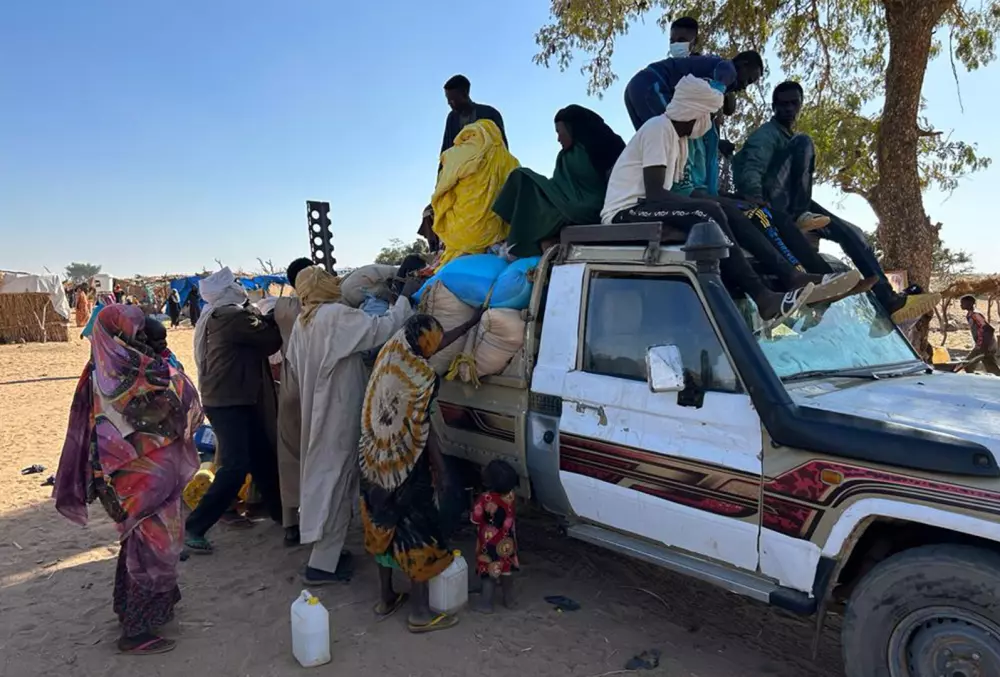
Reporter’s diary: Inside Darfur’s neglected refugee crisis
Stories of trauma and resilience from the camps in Chad.
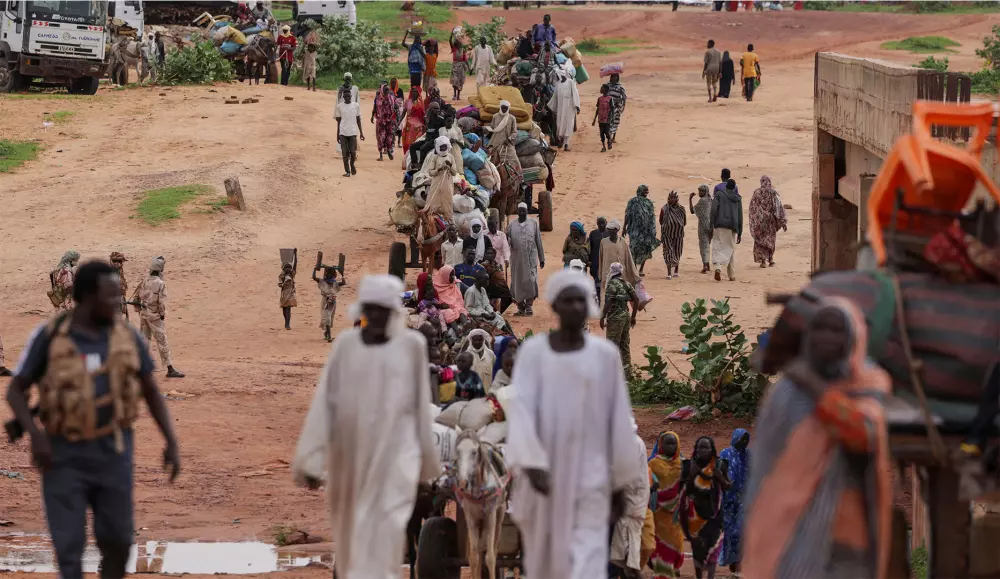
Chad offers a tenuous lifeline for Sudanese fleeing a vicious war
The international relief operation for hundreds of thousands of desperate refugees is underfunded and overstretched.
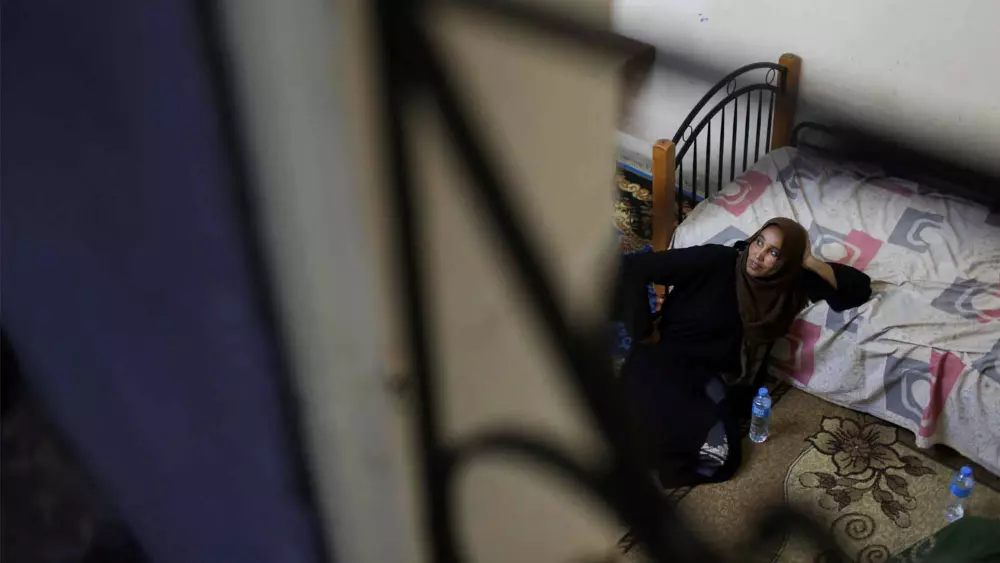
For Sudanese fleeing to Egypt, a hard border and an uncertain future
New arrivals are struggling to get by, while others are stuck at the border.
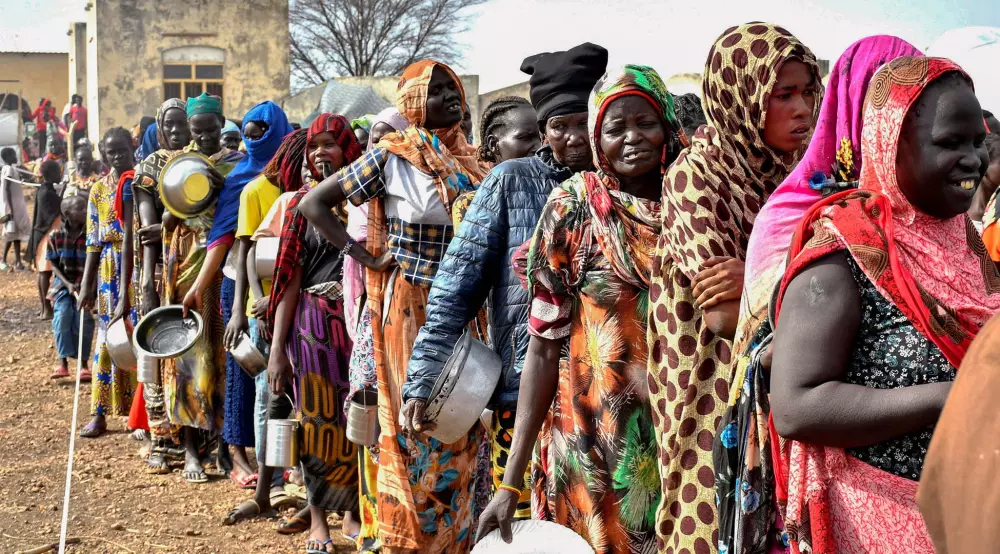
South Sudanese returnees face hard homecoming after escaping Sudan
Thousands are arriving every day, but there is sparse aid on arrival.




